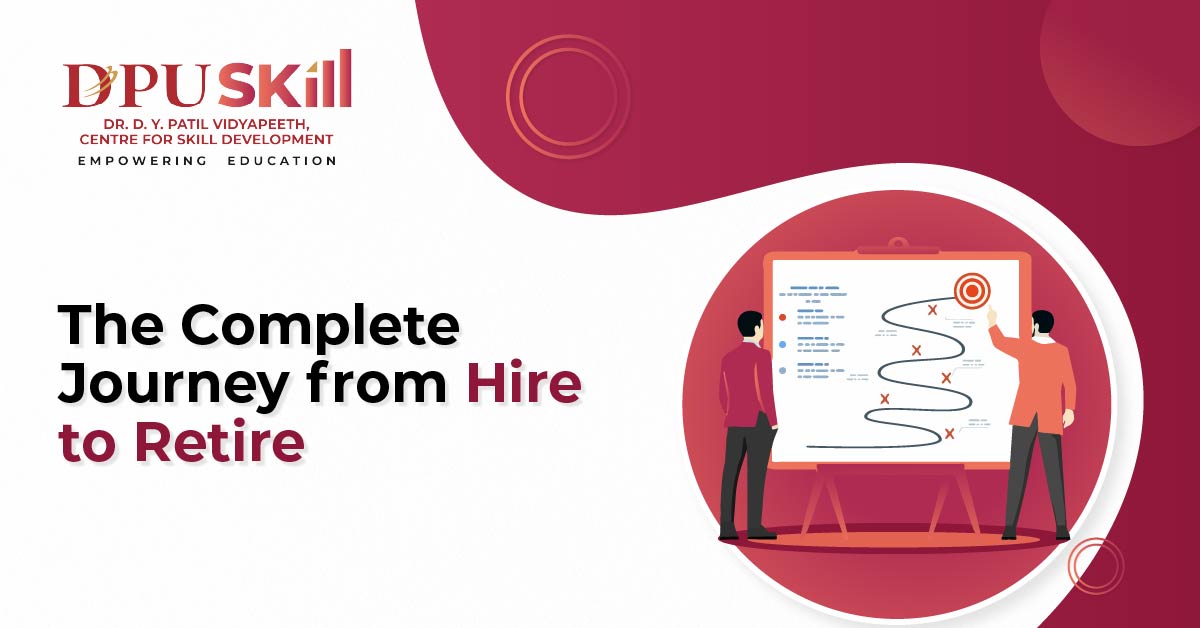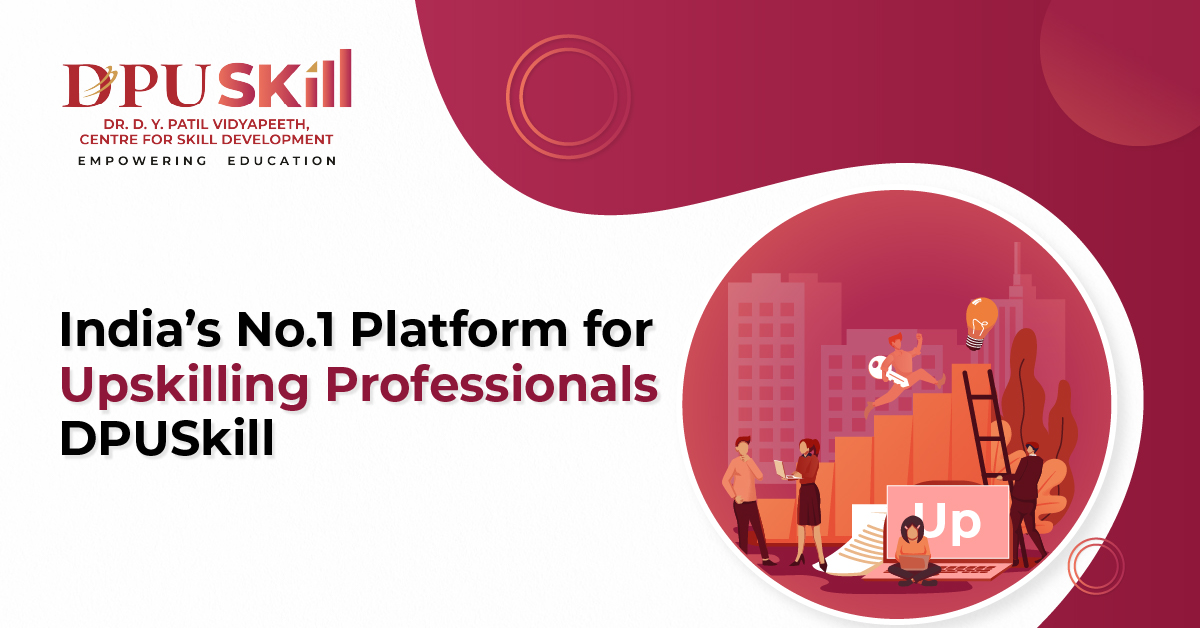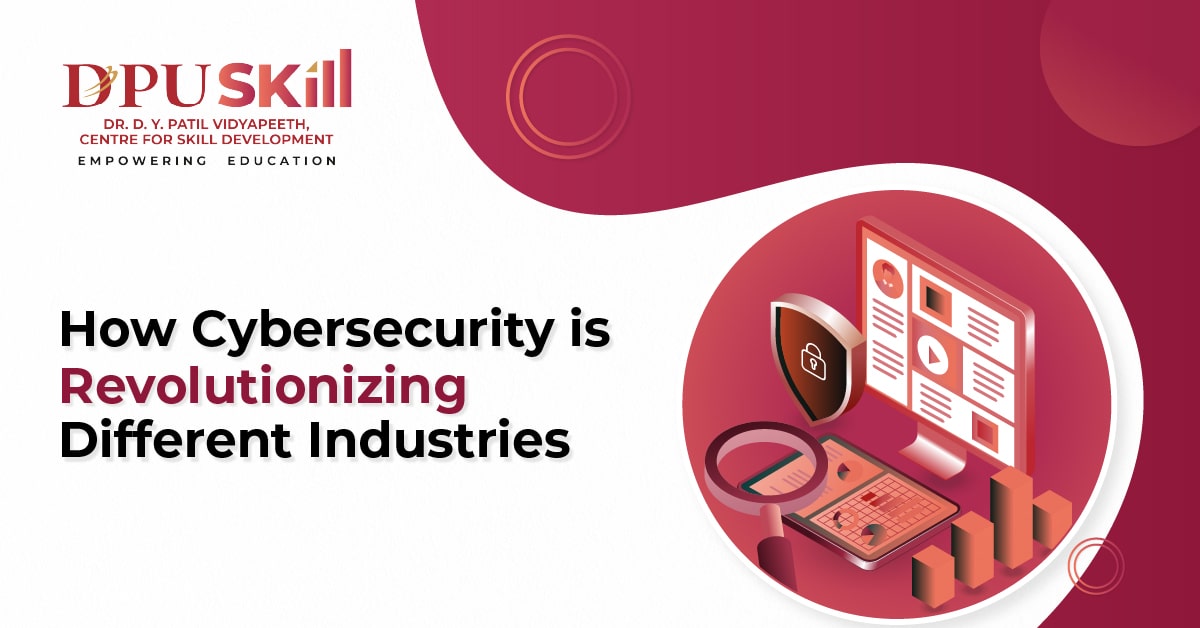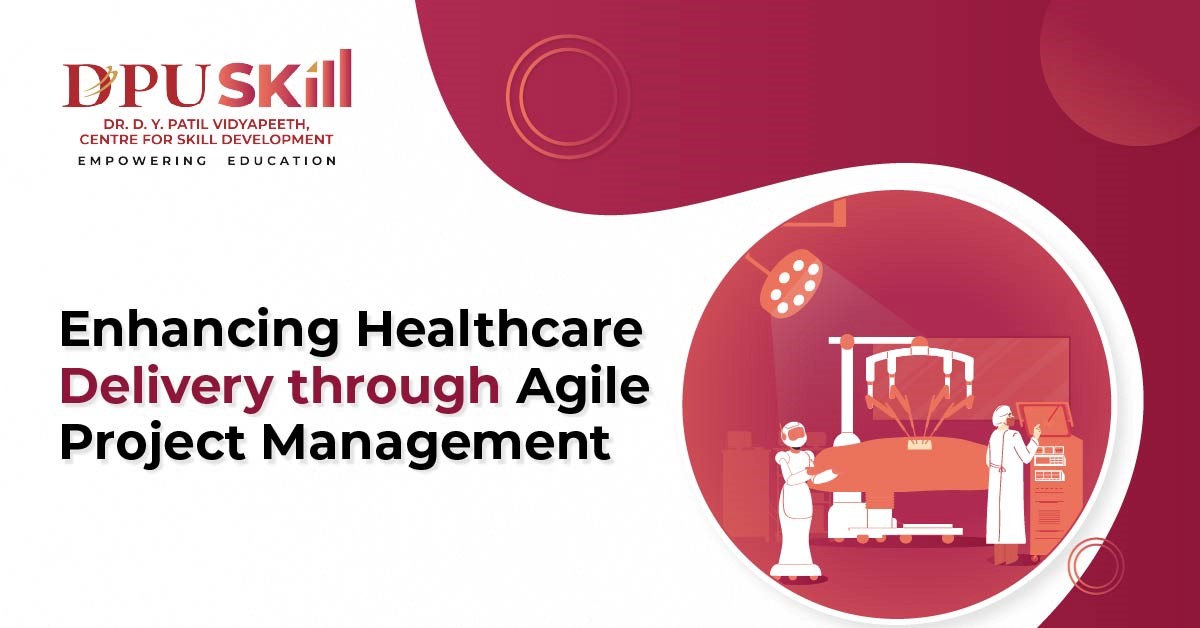
In today’s fast-paced business environment, the role of Human Resources (HR) has evolved from merely handling administrative tasks to playing a strategic role in shaping an organization’s success. The "Hire to Retire" process is a comprehensive HR strategy that covers the entire employee lifecycle, from recruitment to retirement. It ensures that organizations not only attract and retain top talent but also develop and support their employees throughout their careers. Let’s explore how Strategic HR, when effectively executed, can drive business growth and employee satisfaction.
"Hire to Retire" is an end-to-end HR process that manages every phase of an employee’s journey within an organization. It starts with the recruitment and hiring process, continues through onboarding, performance management, learning and development, and eventually leads to succession planning and retirement or offboarding. The aim of this approach is to provide a seamless and supportive experience for employees, ensuring their growth and satisfaction throughout their tenure. By managing the entire employee lifecycle, companies can optimize their workforce, enhance productivity, and foster a positive organizational culture.
Talent Acquisition
The first step in the Hire to Retire process is attracting and recruiting the right talent. Strategic HR involves crafting compelling job descriptions, utilizing modern recruitment tools, and employing data-driven techniques to ensure a perfect fit between candidates and job roles. DPU Skill provides cutting-edge training in talent acquisition strategies, equipping HR professionals with the skills needed to attract top-tier talent.
Onboarding and Integration
Once the right talent is hired, the focus shifts to onboarding and integrating new employees into the organization. A structured onboarding process helps new hires acclimate quickly, understand their roles, and feel connected to the company culture. By investing in effective onboarding programs, organizations can boost employee engagement and reduce turnover.
Performance Management
Continuous performance management is crucial for ensuring that employees are aligned with the organization’s goals. Strategic HR emphasizes setting clear objectives, providing regular feedback, and offering opportunities for professional development. DPU Skill’s courses on performance management help HR professionals implement systems that drive productivity and career growth.
Learning and Development
For employees to grow and stay relevant in their roles, continuous learning is essential. Strategic HR involves creating a culture of learning where employees have access to training and development opportunities. DPU Skill offers a range of courses that can be tailored to individual learning paths, ensuring employees acquire the skills they need to succeed.
Succession Planning
As employees advance in their careers, succession planning becomes a key component of Strategic HR. This involves identifying and developing future leaders to ensure business continuity. Effective succession planning helps organizations avoid disruptions and retain critical knowledge and expertise within the company.
Retirement and Offboarding
The final stage of the employee lifecycle is retirement or offboarding. Strategic HR ensures that this process is handled with respect and dignity, providing employees with the necessary support as they transition out of the organization. Proper offboarding can also maintain positive relationships, leading to potential alumni networks or referrals.
Strategic HR is essential in the Hire to Retire process because it aligns HR practices with the organization’s long-term goals. It ensures that every stage of the employee lifecycle is optimized for both employee satisfaction and organizational success. By integrating Strategic HR into the Hire to Retire process, companies can reduce turnover, improve employee engagement, and create a more resilient workforce. DPU Skill’s courses on strategic HR management are designed to help HR professionals implement these practices effectively.
For HR professionals looking to specialize in the Hire to Retire process, there are numerous career opportunities available:
DPU Skill offers comprehensive training programs in Strategic HR, providing professionals with the knowledge and tools needed to excel in these roles.
What is the "Hire to Retire" process in HR?
The "Hire to Retire" process refers to the comprehensive HR strategy that manages the entire employee lifecycle, from the initial recruitment and hiring phase through to the employee's retirement or exit from the organization. It encompasses all HR activities, including onboarding, performance management, learning and development, succession planning, and offboarding.
Why is the "Hire to Retire" process important for organizations?
The "Hire to Retire" process is crucial because it ensures that organizations can attract, retain, and develop top talent, leading to higher employee engagement, productivity, and overall organizational success. It aligns HR practices with business objectives, creating a more resilient and efficient workforce.
How can DPU Skill help HR professionals manage the "Hire to Retire" process effectively?
DPU Skill offers specialized training and certification programs that equip HR professionals with the knowledge and tools needed to effectively manage the "Hire to Retire" process. These programs cover best practices in talent acquisition, performance management, employee development, and more, ensuring that HR professionals can implement strategic HR practices that align with their organization’s objectives.

Discover DPUSkill, India’s No.1 platform for upskilling professionals. Boost your career with expert-led courses and global certifications.
Read More
Discover how cybersecurity is revolutionizing industries like healthcare, finance, retail, and education, protecting data and ensuring operational continuity.
Read More
Discover how Agile project management boosts healthcare efficiency, adaptability, and patient care with real-world applications and proven benefits.
Read More